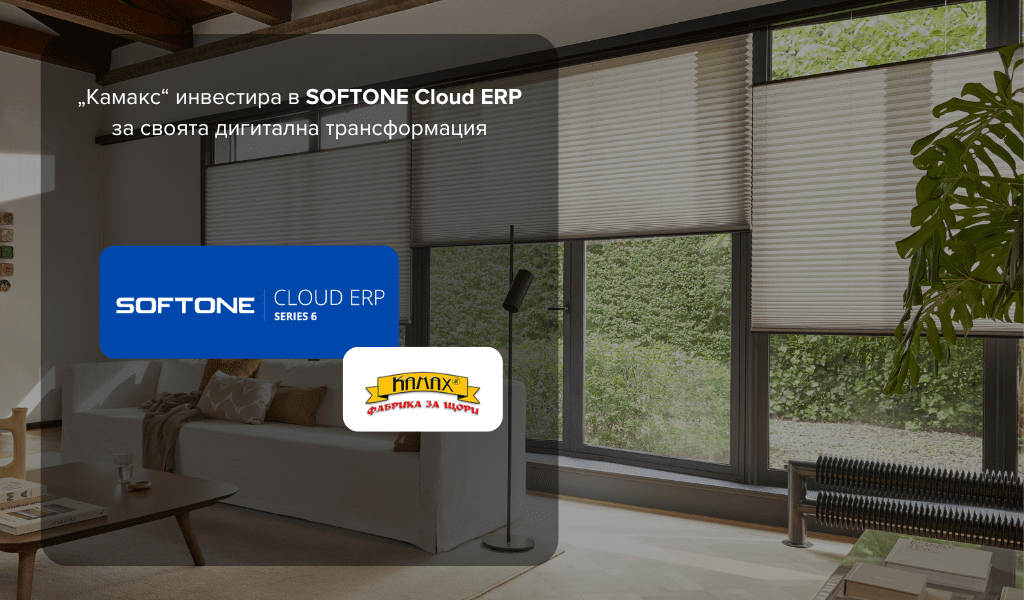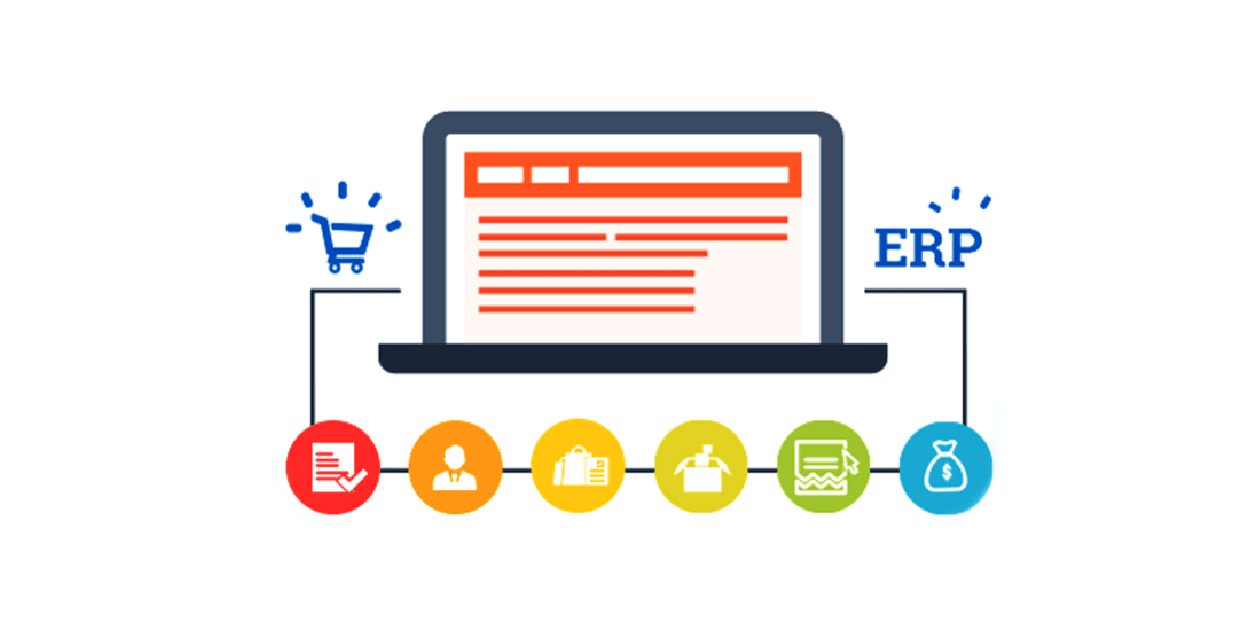Share
Read also

Business Software
Пазарът на CRM през 2025: В отговор на нарастващите изисквания на клиентите

News & Events
„Камакс“ инвестира в SΟFTONE Cloud ERP за своята дигитална трансформация

Trends & Views
Как дигиталната трансформация подпомага развитието на бизнеса

News & Events
SOFTONE разширява своята екосистема с нов стратегически партньор
It is certain that no one would begin building a house without first having an architectural plan prepared. The same applies to ERP systems. You need to have a plan and a strategy, in order to ensure the system’s successful deployment. Here are a few points of interest:
The right course of action
Firstly, you need to come up with a comprehensive strategy that will guide your team and help it not get lost in the variety of available options. To get the best results, you need to provide proper directions in advance. It might help to use visual media for designing and presenting the company’s goals and perspectives, as these are transformed into specific IT initiatives and decisions.
A well-defined ERP and IT strategy
After determining the overall course, you need to further explain how the defined IT initiatives will support this strategy. For example, you need to choose between cloud and on-premise solutions, decide on the level of customization, and so on. Of course, these variables should be determined in the context of the broader corporate strategy.
Assessing alternatives and options
Once you have a general idea of the path you want to follow, you should decide on the feasible alternatives. To do so, you need to consider the pros and cons, the total cost of ownership and the cost analysis for each alternative, as well as to analyse how well each option would support the broader objective goals of the company. At this stage, it is important to rely on the vendor’s help, so as to choose the right system, exclusively based on your needs.
Determining a roadmap for the next 3-5 years
Define a timeframe of 3-5 years for the implementation of your IT and ERP strategy. Furthermore, you should determine the details of your roadmap, the relevant cost and the exact benefits for the company.







